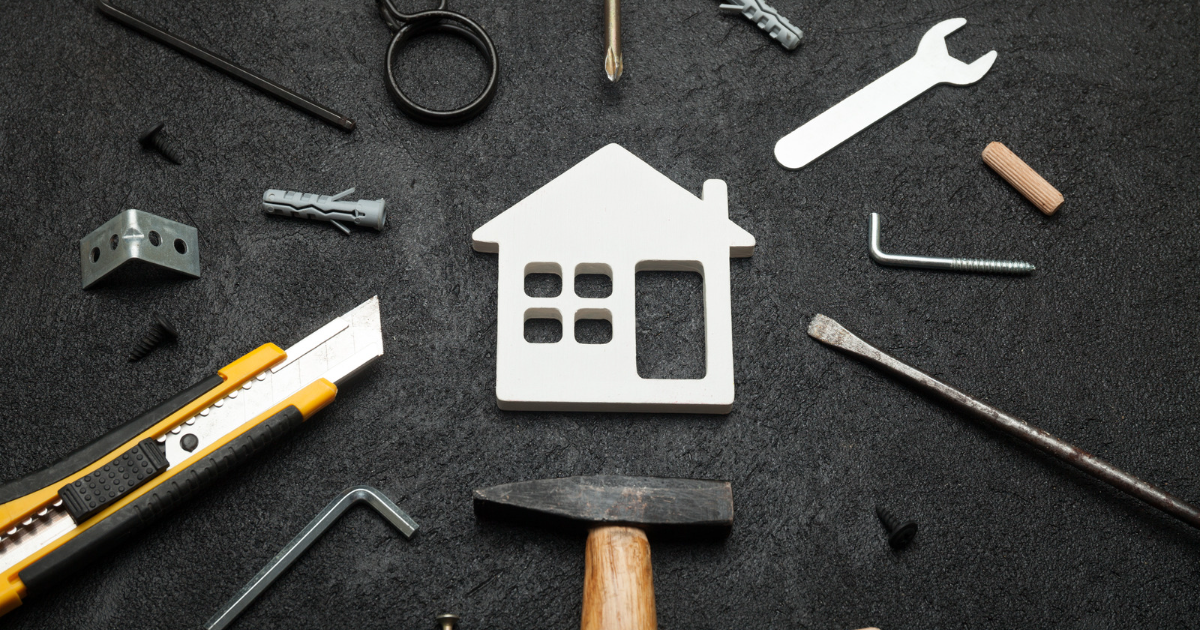Rental Property Repairs: What to Know About IRS Guidelines and Deductions
Rental Property Repairs: What to Know About IRS Guidelines and Deductions
Blog Article
Whenever you possess rental home, controlling fixes and understanding how they influence your taxes is vital for economic success. The IRS provides specific guidelines for categorizing and subtracting property-related costs, which could immediately influence your bottom line. This article explains critical points about how much can you write off for repairs on rental property, IRS rules, and related deductions.
Repairs vs. Changes — What's the Huge difference?
The IRS makes a clear variance between fixes and improvements as it pertains to rental properties. Fixes are thought expenses sustained to maintain the property in its current problem, while improvements enhance the property's value or somewhat increase its lifespan.
•Fixes: Solving a leaky tap, patching drywall, or exchanging a broken window. They are deductible in the exact same tax year the cost is incurred.
•Changes: Introducing a brand new terrace, upgrading an HVAC program, or upgrading the kitchen. These must be capitalized, indicating you withhold the price gradually around a long period through depreciation.
Getting that distinction proper matters. Misclassifying an improvement as a repair can cause penalties or audits.
Are Repairs Fully Deductible?
Yes, repairs for your rental property are deductible, but ensuring submission with IRS rules is critical. These costs could be subtracted from your own rental revenue, reducing your taxable income for the year. For instance:
•If you may spend $300 solving a plumbing matter, that charge may be deducted completely in the year it's incurred.
•Minor expenses, like painting or fixing a door hinge, also fall under deductible repairs.
Recall, only charges directly linked with sustaining or rebuilding the home qualify as repairs.
Safe Harbor Rules for Small Landlords
Little landlords may benefit from the secure harbor election underneath the IRS's concrete house regulations. That provision enables landlords to take certain costs up to $2,500 per product or invoice without capitalizing them. If suitable, you can deduct prices like changing a broken machine or slight roofing repairs.

Document Everything
To guard yourself throughout audits and ensure appropriate duty processing, complete documentation is critical:
1.Receipts: Hold detailed bills for many fix expenses.
2.Invoices: Obviously itemized documents from contractors or restoration services.
3.Photos: Before-and-after photos that relate the type of repairs.
4.Proof of Cost: Bank claims showing payments made for repairs.
Ultimate Tip
Understanding hire home repair deductions can save you money, but IRS rules may be complex. Dealing with a tax skilled assures submission while maximizing deductions, causing you additional time to focus on controlling your investments. Report this page